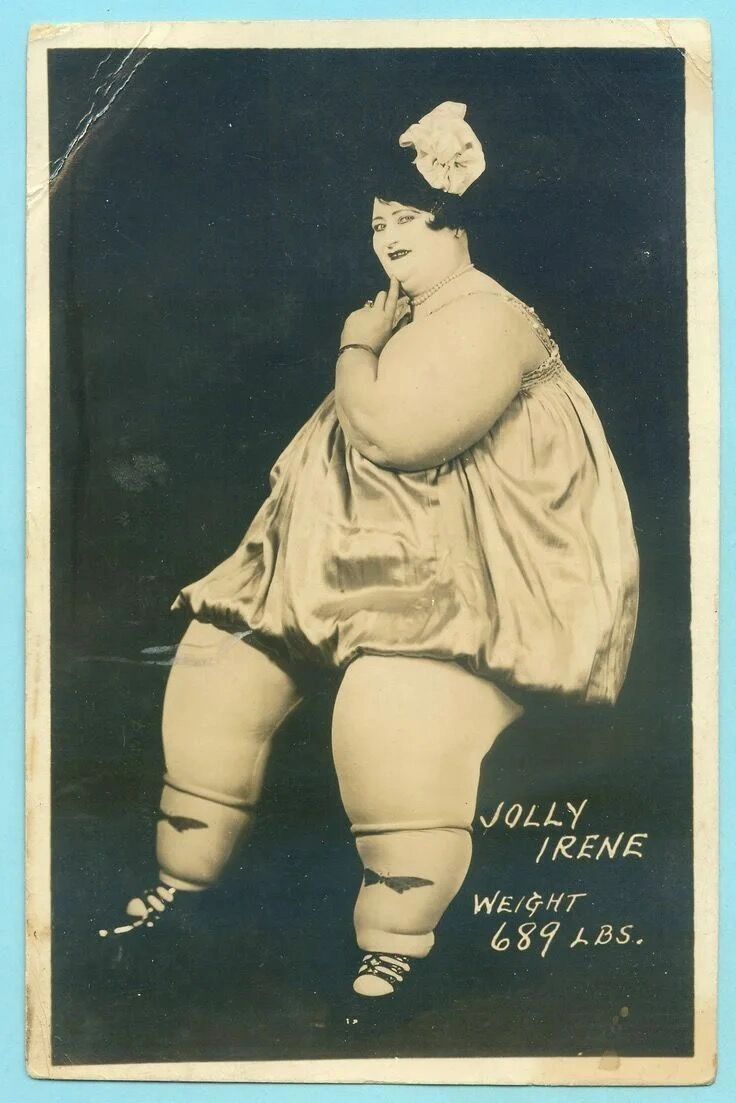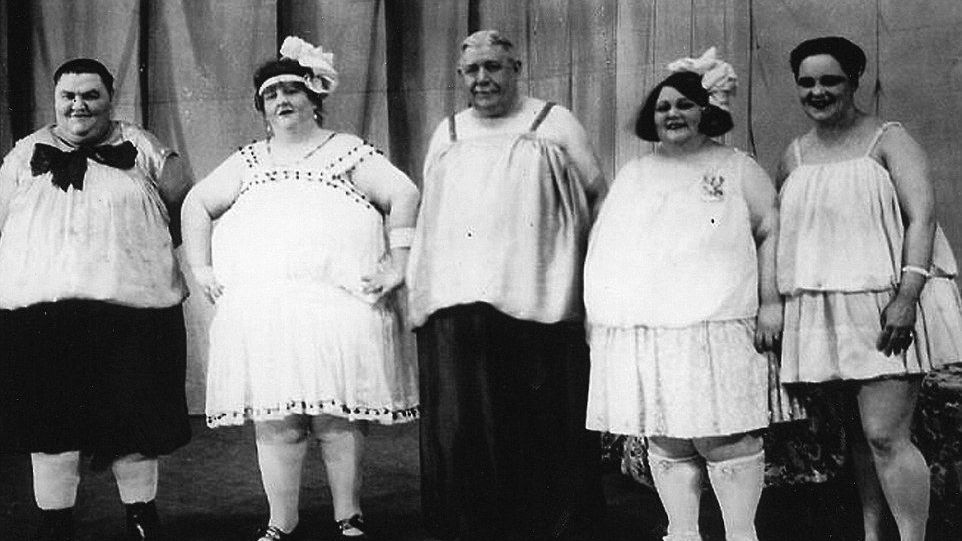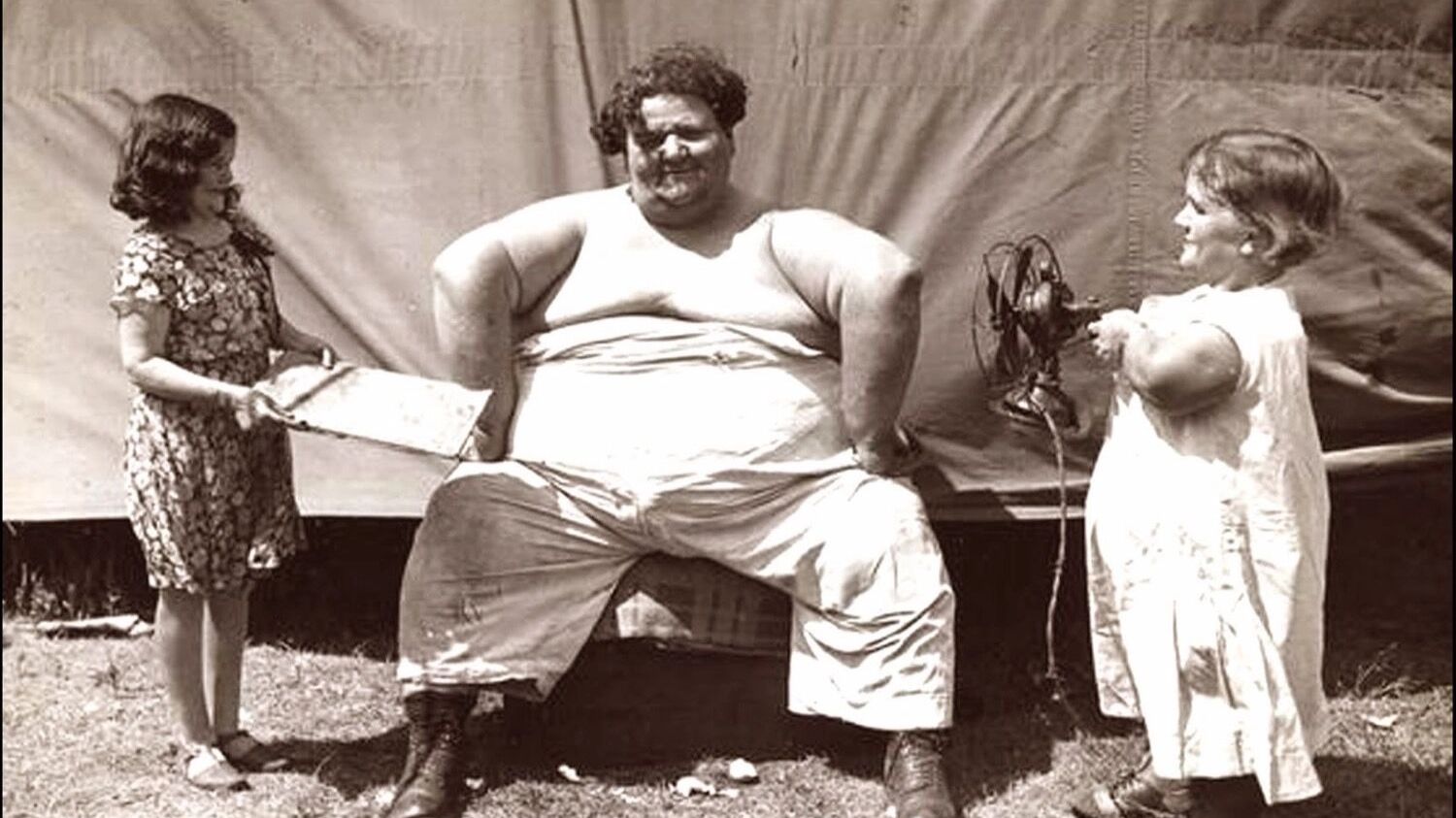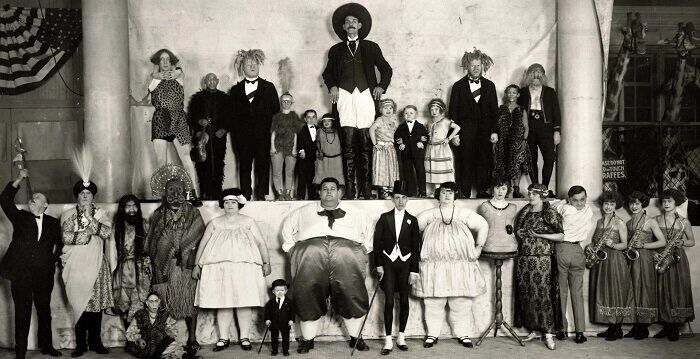Save or Punish the Fat? Why Big Girls TV Show Is Being Criticized by Pharmacists

A pharmaceutical company has initiated proceedings in the Arbitration Court against the Friday TV channel and the Premier media platform, seeking to stop the broadcast of the Big Girls TV show. Novye Izvestia looked into whether the lawsuit is more about concern for the health of the show's participants or PR for the pharmaceutical company.
The company Geropharm, which produces medications to combat excess weight, sent an appeal to the general director of the Friday TV channel Nikolai Kartozia in connection with the broadcast of the reality show Big Girls.
The letter claims that the program creates a negative attitude towards overweight women and provokes viewers to compare themselves with the project participants, which could lead to the use of dangerous weight loss methods.
The physically unprepared participants are forced to hold structures with chains, the weight of which corresponds to the "extra kilograms" - from 38 to 60 kg. Given the diagnosis of morbid obesity in the participants, their spine and joints are subjected to excessive loads, while such static exercises do not contribute to weight loss.
There is no such thing as too much beauty?. Photo: Screenshot TV channel "Friday"



In addition, according to representatives of the pharmaceutical company, the TV show has a strong psychological impact and can contribute to the development of eating disorders and depressive states. In one of the episodes, the participants were dressed as animals, placed in cages and subjected to ridicule by visitors simulating a zoo.
Geropharm emphasizes that the program has an age limit of 16+, which makes it accessible to a teenage audience. During the period of forming self-esteem and perception of one's own body, the negative impact of the project can have particularly destructive consequences. In a school environment, this can lead to bullying: children ridicule their peers because of excess weight and appearance features.
The company's management called on the TV channel to stop broadcasting the show "Big Girls" in order to prevent harm to people's health and mental state.
The press service of the TV company "Friday" stated that the "Big Girls" team is grateful to the company "Geropharm" for their attention to the project and concern for health issues, but...
"We respect the topic of fighting excess weight - the methods are developed jointly with professionals, exist within the law and do not promote dangerous practices. Our lawyers are currently working on this claim, although they consider it exclusively as an "original" PR move," the channel's press service reported.
The version that the health of the show participants is not the main goal of the lawsuit is confirmed by the time of the appeal to the court. The program "Big Girls" started in February 2024 and by the spring of 2025 managed to roll out an entire TV season. Why did pharmacists tolerate this dangerous disgrace for 15 months? After all, already in the first episodes, people who walked with great difficulty and obvious shortness of breath were forced to run a 10-kilometer cross-country race.
And, by the way, arrows of criticism were already flying from caring people. Alena Kogotkova, a specialist in psychological correction of eating behavior, nutritionist, psychologist-consultant, who at one time was the host of a TV program about healthy eating, says:
— I understood that this was a show. But I didn’t expect such trash. I was sincerely set on an “ecological” approach with a demonstration of psychocorrection and education of people on the other side of the screen about how to properly treat obesity. This show, in my opinion, completely contradicts the concept of a healthy approach to solving a complex problem.
According to Alena, it is worth highlighting two important points.
The body weight of the contestants, especially considering that one of them appears to be as much as 242 kg, is a serious signal that requires immediate medical intervention and a comprehensive, professional team of specialists competent in the field of eating disorders. Obviously, such specialists are absent from such TV shows.
Is it really necessary to force people with serious illnesses to walk through miles of mud or dress them in ridiculous costumes and put them on display like a zoo? Let me ask you: Where are we going?
Looking back to the Middle Ages, when public executions and torture were entertainment, it is sad to realize that we have not come that far from those times.
“Is it really acceptable to subject people with such problems to psychological and physical violence?!” asks Alena Kogotkova.
The question is, of course, rhetorical. But why do the participants of the show themselves happily tolerate television violence? The answer clearly draws analogies with the freak shows that toured Europe and the USA from the end of the 18th to the middle of the 20th century.
There were many "big" people in American freak circuses. Photo: Yandex.Images




Freak shows gained wide popularity on both sides of the ocean in the 19th century. Circuses featuring people with anomalies turned out to be even more profitable than jugglers and acrobats. However, American freak shows differed significantly from their European counterparts. The main difference was in the attitude towards the artists themselves. American society turned out to be more lenient towards people with physical abnormalities than European society.
While in Europe the freedom of people with deformities was severely limited and respect for them was rarely shown, in America these artists won recognition and fame. Their income was often compared to the profits of circus owners.
It is important to emphasize that people with physical anomalies often voluntarily went to work in freak shows. In the 18th and 19th centuries, freak shows provided them with perhaps the only opportunity to ensure a decent living.
And today the function of social lift is provided by television reality shows. The fate of Olga Buzova and dozens of "stars" of "Dom" and "Dom-2" is the most striking example from modern life. And "Big Girls" continue to breed media personalities.
Thus, the winner of the first season, Lilit Khachatryan, who lost 40 kg, was able not only to lose weight, but also to monetize her success, earning money from advertising and receiving a million rubles for first place in the show.
After the final, Khachatryan did not stop dancing, but added Pilates, stretching and aqua aerobics. Now the girl runs weight loss challenges for other "big girls" and runs a specialized page for those who find it difficult to lose weight.
The winner of the first season, Lilit Khachatryan, who lost 40 kg, was able not only to lose weight, but also to monetize her success. Photo: screenshot from the TV channel "Friday"


Anastasia Belozerova perceived participation in the project as her last chance for transformation. She admitted that if she could not lose weight even under the close attention of the entire country, then the only way out would be bariatric surgery.
Nastya took up the matter decisively - during her participation in the show, she got rid of 45 kg. The culmination was a proposal of marriage from the groom right at the end of the Big Girls project.
According to Anastasia Belozerova, her fiancé was delighted with her success in losing weight, supported her throughout her journey and constantly talked about her beauty.
However, after the project ended, the blonde failed to maintain her weight. After the wedding, Anastasia returned to her previous eating habits. Just a year after the Big Girls finale, her weight was 137 kg. Due to her excess weight, Belozerova had problems with her women's health, which is especially painful given her and her husband's dreams of having children.
Anastasia Belozerov lost weight, got married, but soon gained weight up to 137 kg. Photo: screenshot TV channel "Friday"
Alena Kostyuk, a 29-year-old participant in the first season of "Big Girls", noted with irony that her weight exceeds 242 kg and is determined by the scales at work. Before the project, she worked as a cook in Podolsk.
During her participation in the show, she managed to lose 43 kg, but further weight loss stalled. Tired of the struggle, Alena returned home.
Today, the girl continues to work on herself and lose weight, although she has not yet reached the planned 99 kg. But she has changed the hard work of a cook for a more relaxed position of a barista. In addition, Alena bought a car, joking that the choice was limited to those models in which she could fit, and not those that she liked.
Alena Kostyuk, the biggest girl of them all, didn't lose much weight, but she changed her job and bought a car. Photo: Friday TV Channel
According to lawyers consulted by the NI correspondent, the probability of the program being closed is close to zero, given the legal precedents from the history of Dom and Dom-2.
Thus, in 2005, members of the Moscow City Duma appealed to the Prosecutor General of the Russian Federation with a request to stop the broadcast of "Dom-2" or at least to move it to a later broadcast. The deputies accused the creators of the TV project and the host Ksenia Sobchak of organizing prostitution and pimping. In response, Sobchak filed a lawsuit, demanding the protection of her honor and dignity, which, in her opinion, were affected by the deputies' appeal, but the court rejected her complaint.
Three years later, the Public Council on Television Morality demanded a ban on the reality show.
"This is definitely a crime. This is the peak of vulgarity, indecency and disgusting behavior," said Vitaly Tretyakov, dean of the Higher School of Television at Moscow State University and a political scientist.
In 2009, Russian Interior Minister Rashid Nurgaliev also spoke out in favor of shutting down the project, emphasizing its negative impact on young people. That same year, the public achieved some success in its fight against Dom-2: the court banned the show from being broadcast during the daytime. Interestingly, after this ban, the project's popularity even increased. However, a year later, the Supreme Court overturned this restriction.
newizv.ru





